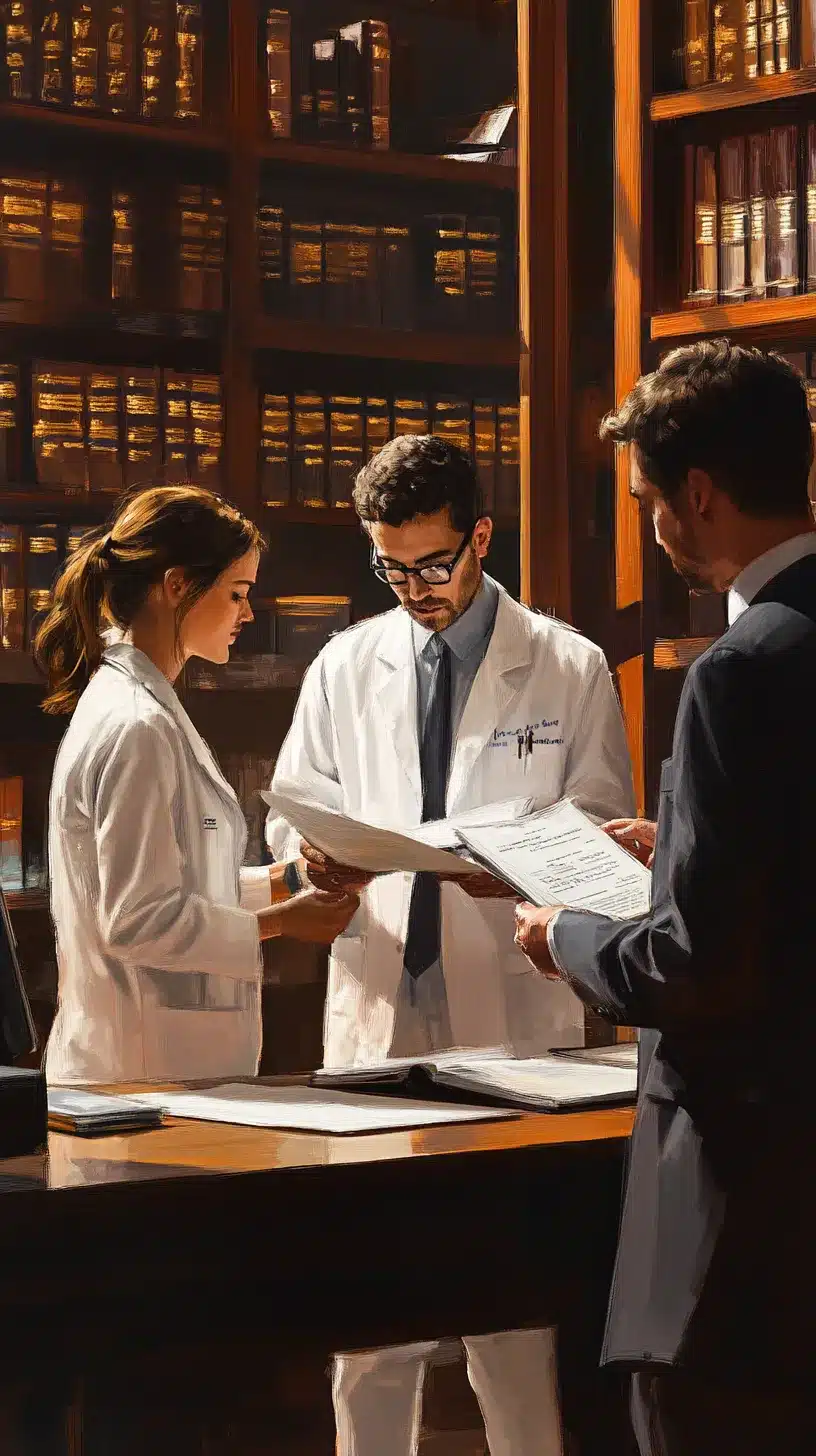Davydov v Progressive Ins. Co.
2009 NY Slip Op 29299 (App. Term 2d Dept. 2009)
The concept of standing has numerous meanings. In Civil Procedure, it refers to the existence of a case or controversy, which is a precondition to allowing a Court to hear a case. In Criminal Procedure, it addresses the ability to contest a Fourth Amendment search and seizure violation. As a matter of common law and statutory law, it involves the ability of a party to prosecute an action, even though there is a case or controversy. I would be remiss if I did not include the statement that in English parlance, standing means to be on one’s feet in an upright, vertical position. If you were playing Password and someone said, in that funny opposite like voice “sitting”, the answer would be “standing”.
In regards to the common law notion of standing, there appears to have developed two different types of standing issues. The first is a statute or a regulation vesting or stripping a party of so-called standing. For instance, 65-3.16, the regulation that Malella is predicated upon, states that improperly formed corporations, and most likely their assignors in a direct first-party suit, do not have standing to prosecute overdue no-fault healthcare-expense bills. This “standing” rule also involves corporations prosecuting actions on behalf of independent contractors; and I would argue that 65-3.19 strips a health care provider’s ability to prosecute bills where a worker’s compensation carrier is deemed “primary”. But see, Westchester Med. Ctr. v Lincoln Gen. Ins. Co., 60 AD3d 1045 (2d Dept. 2009).
As to an example of a statute that vests standing, where it would not otherwise exist, one should look to GBL 349. Prior to the amendments promulgated years ago, the attorney General was the only official who could prosecute a GBL 349 (consumer fraud) claim.
The second notion of standing represents so-called technical standing. The Courts have over the last decade deemed technical standing issues, mainly as to valid assignments, to fall within this category. As to technical standing issues, the deficiencies in the assignment forms in the no-fault scenario are deemed waived if not properly addressed during the claim stage, and in non no-fault actions, the defect is waived if not properly pleaded in an answer or a pre-answer motion. See, e.g., Wells Fargo ]Bank Minn., N.A. v Mastropaolo, 42 AD3d 239, 241-243 (2d Dept. 2008)
Judge Golia’s dissent is only too logical. On a blank slate, it is correct. The type of technical defect in this matter, i.e., an assignment that assigns a claim to another entity should be a bar to a prima facie case in any type of action. This is a true standing issue, although deemed technical in nature. This statement would not hold true for issues such as missing signatures and other hyper-technical issues, where the intent to assign a claim to the proper entity may be inferred from the document. The issue of true standing should never be waivable since it addresses the fundamental right to access the courts. But the Appellate Courts have seemed to reject untimely challenges to technical defects, involving the nature of true standing.
I lastly wonder why Davydov, M.D., was not impleaded in a third-party contribution action in this case. This would most likely address the issue of proper standing and would protect the carrier from a subsequent action that Davidof M.D., could possibly bring against the carrier.













2 Responses
I wonder whether standing was an affirmative defense in the answer. If not, wouldn't it be waived? Courts have held, time and time again, that standing is waived if not preserved. Lot 57 Acquisition Corp. v Yat Yar Equities Corp., 2009 NY Slip Op 05512 (App. Div., 2nd, 2009)
Dave, besides the realm of no-fault, there are a ton of "technical standing" issues in the foreclosure arena. During the whole real estate boom and currently, mortgages were and are going through the MERS clearinghouse. It is appearing that there were never any AOB's executed to the assignee mortgagee because of the agreement with MERS. The Appellate Division, Second Department, in numerous cases has seemingly held that the defense of technical standing in these foreclosure actions is waived if not raised in a pre-answer motion or as an affirmative defense. What is quite intriguing is that if a party defaults and tries to raise lack of standing as a meritorious defense and assert same in their proposed answer, the Second Department will deem the defense waived and not allow it to be deemed a meritorious defense. This is quite analogous to the technical AOB issues that we see in no-fault. The failure to timely object to a deficiency in an AOB (similar to the litigant in the foreclosure action who fails to timely move or assert a standing defense), will render the defense waived.
Contrast this to Malella litigation, where a defendant could at any time amend their answer to include lack of standing or, in the event of a default, raise lack of standing as a meritorious defense and as an affirmative defense in their proposed answer, provided they have a sufficient factual showing of course.
I think this completes my thought process on this issue.